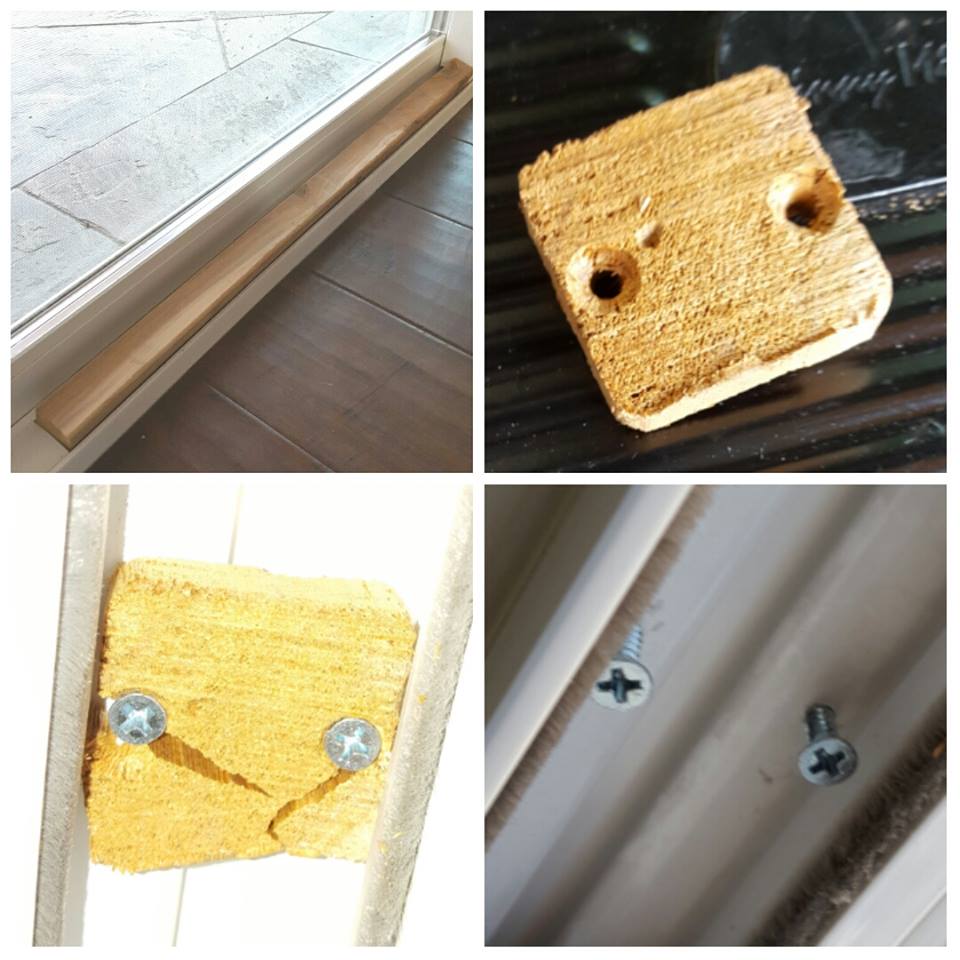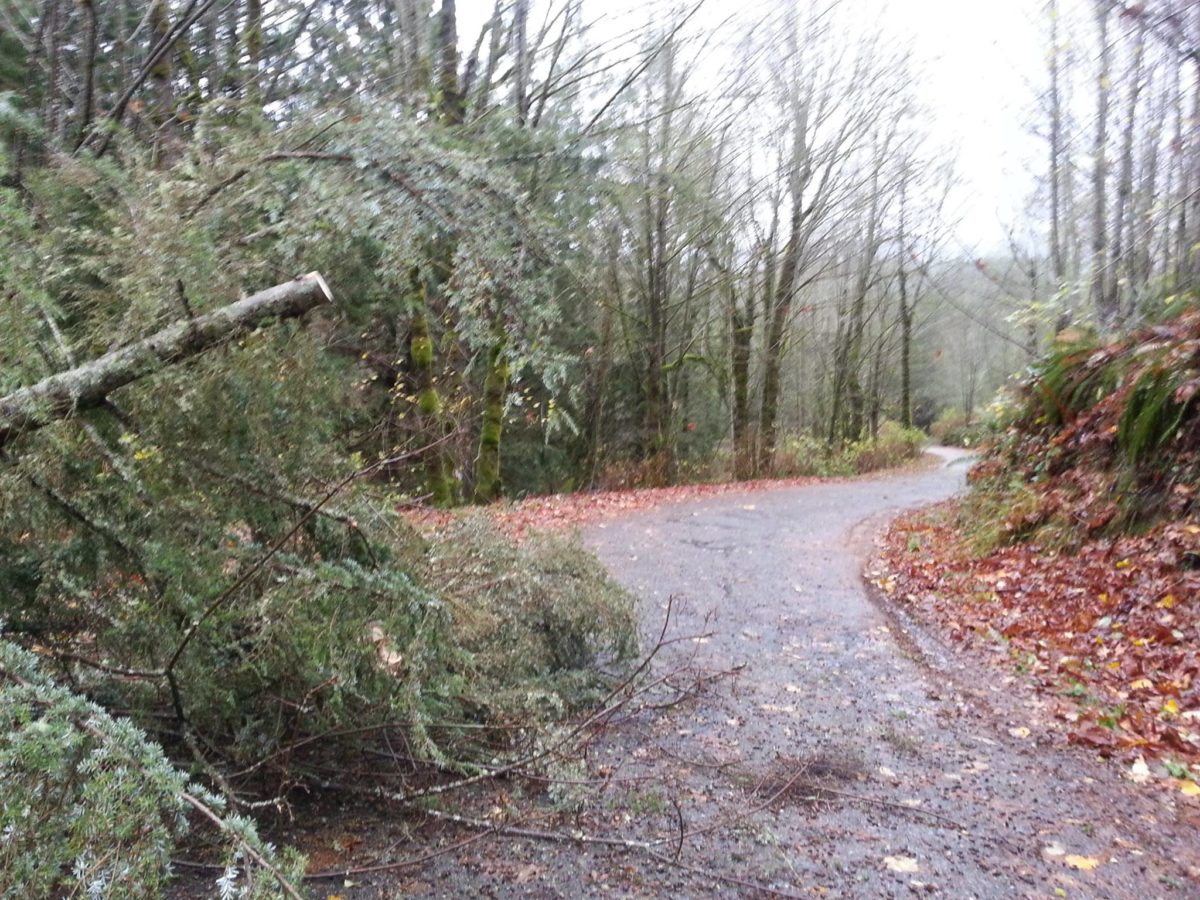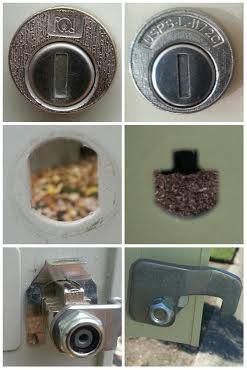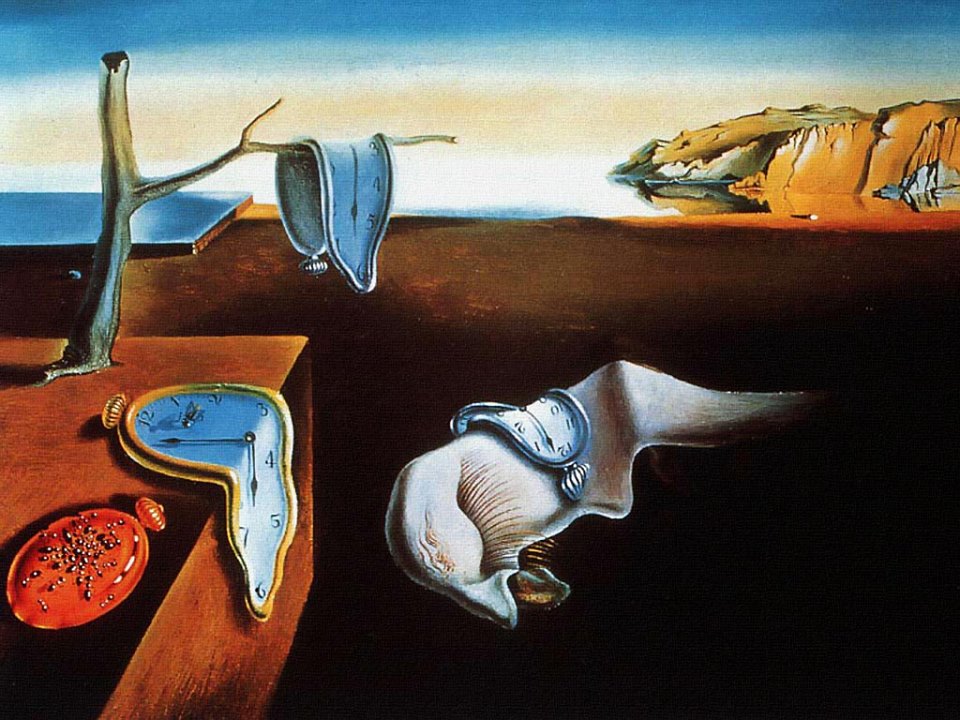On Sunday of last week I went to park my van in my brother’s garage before heading to the airport for my annual trip to Mexico. When I got there, Ben asked me if I needed a ride to Seatac. I told him I could catch an Uber. It’s really not a problem, he told me. I did a bit of quick math to calculate the cost to him of driving me, and found that the amount of money I’d save wouldn’t justify his time outlay. I explained all this and he shrugged as if to say, “Suit yourself.”
Half a day later I was in Mexico City, and a day later I was cutting keys in the locksmith shop where I learned my trade. My old friend Alberto, the one-eyed handyman, passed by the locksmith shop and was surprised and happy to see me. He asked if I wanted to come and help him with a project a couple of streets over. I readily accepted the invitation.
It turned out we were doing a job for the couple that runs the fruit smoothie stand on the corner. I’ve only bought one smoothie from them and found it didn’t compare to the ones Benito makes at the other end of the block. Alberto explained that there was a problem with the power line that needed to be fixed right away, because they couldn’t work without power. In the U.S., we would call the power company to take care of this. That’s also an option in Mexico if you don’t mind waiting. Or you just fix the problem.
Alberto took a couple short lengths of rope and used them to expertly shimmy up an electrical pole across the street from the smoothie stand. This is something that he’d done countless times when working for the carnival. My job was to look out for patrol cars, as he obviously wasn’t supposed to be doing this. He wasn’t up the pole for two minutes before I said, “Berto! Patrulla!” and he quickly slid down as we all scattered. When the police car had crept down the street and turned a corner, Al went back up and had me pass him a bundle of cable. I divided my attention between the end of the road from which more police cars would be coming, and Al at work. I watched as he spliced a power cable to create a new line of power. When that was done, he began draping the line across the street and I realized what was going on. The electric company must have discovered a pilfered power connection and disconnected it, effectively putting the smoothie stand out of business. Alberto was running them a new source of power. The ethics of stealing elecricity from the city to run a blender are the topic for another post. But as soon as I understood what was happening, I took my leave and returned to the shop.
When I saw Alberto again later in the day—he stores his tools two doors down from the locksmith shop and is always walking by—I told him I hoped he’d charged his customers appropriately for the job. “Pues si,” he said. He then revealed that he’d received $ 500MXN for the job, or roughly $25. I’m quite certain that what he’d done was a jailable offense. I asked him whether he would accept a job in which he had to do that every day in return for that sum. He understood my point, and said that he didn’t charge an arm and a leg because the customers were working people like him. I understood his point.
Then he and I took off again to go to Manuel’s small appliance repair shop. Mani mostly deals with licuadoras (blenders). In fact, he tried to get me to invest in a venture that he’s working on, which relies on the use of stolen Hamilton Beach molds with which he plans to make aftermarket blender parts to sell to other repairmen like himself. (I declined the opportunity, and told him he ought to seek out the advice of a patent attorney.)
Mani’s shop sits on a quickly gentrifying street near the center of Mexico City, across from a hip sushi bar. One block closer to the center is a campsite not unlike Seattle’s “Jungle”, where a group called “la banda” has set up a permanent campsite. They all huff glue together. For as long as I’ve known him, Manuel has been employing members of this group of junkies, teaching them his trade and sometimes serving as the catalyst for a new start in life. Tonight in the shop, the television is on and a dubbed version of “Ghost” is playing.
His shop is always abuzz with activity: several young men disassembling, soldering, and reassembling various appliances; customers coming up to the counter to pick up or drop off appliances; his grown children visiting; his poodle Rocky sniffing around for foods scraps; and any number of friends and relations coming by to chat. Recently Mani lost 30% of his vision when he failed to properly discharge a microwave before starting work on it. The shock turned the skin on both of his forearms blue. Like me, Mani has hands that are always dirty. He’s a working man, but one with ambitions. The two of his kids that are old enough to have graduated college have both done so. One is a doctor and the other a lawyer.
Just outside the shop, a tweaker has made a home for himself. He’s the most wretched man I’ve ever seen. I would guess him to be about 22, and imagine he’s been huffing glue on the streets since childhood. I’ve never heard him utter a word. He just stumbles down the street to the wall right next to Mani’s shop and plants himself on the stone sidewalk. Sometimes he leans against the wall and sometimes he curls up in the fetal position to sleep. I don’t imagine he’s had a bath in many months. That doesn’t seem to be a part of his program. Sometimes people mess with him, slapping at his head or pretending to stomp and kick him. Seconds later he slowly rolls his head around, grins, and weakly swats at the air, his eyes focused on nothing. He is as thin as anyone I’ve ever seen. Mani says his intestines have fallen out of him and he can’t properly digest food. In a cinematic version of The Divine Comedy, I could easily see this man miserably pushing stones around Dante’s fourth circle of hell.
Another junkie comes by to hang out. This one, Mani explains to us, is partially reformed. He has a woman, a job, and a child. He weighs about 350 pounds, and has a face that is gentle and effeminite despite some prominent scars that betray a difficult past. He greets each of us in turn and then lowers himself into a plastic lawn chair on the sidewalk in front of Mani’s. He offers me a small baggie of loose weed, which I decline. He shrugs as if to say, “Suit yourself.” Then he takes from his pocket a balled-up baggie of something for himself, which he drops into an empty soda bottle and starts taking deep breaths from. He’s talking all the while, but after some minutes his eyelids become heavy and his speech too lazy for me to understand. Eventually he pulls the baggie out of the bottle and holds it betwen his lips as he listens to the rest of us talk.
I slip away and walk down the street to a 7-Eleven. Apart from Mani’s, it’s the only business that’s open on this street. Most places in the city closed in the afternoon because of rumors of mass vandalism, supposedly an angry reaction to a new tax that raised the price of gasoline by 20%. The door is locked, but the young cashier puts up her finger, indicating that I should wait. After she’s checked out the couple that’s in the store, she unlocks the door to let them out and then rushes me in, relocking the door behind me. I buy plastic cups and a two-liter bottle of some kind of carbonated soda cocktail, which I carry back down the street.
When I get to Mani’s, he and Alberto are talking about the blender venture. Two of the junkie workers inside the shop—Rafael and Tapia (who’s missing all of his front teeth)—have stopped working to focus all their attention on the movie. Patrick Swayze is telling Demi Moore that he has to go. Both guys are trying to hide the fact that they’re crying. I hand out cups and we all share the bottle of soda booze. Then it’s time to close up shop.
The shop boys unlock a door next to Mani’s that faces the street, revealing a hallway that’s lined and stacked with appliances. They start pulling out microwaves and carrying them over to the shop, piling them up in the center of the small workspace. One by one, Alberto, Mani, and I rise from the stools that we have in a circle on the sidewalk and join the boys in the effort. There must be 50 microwaves and small refrigerators to be picked up and moved. Al takes a quick break to kick the legs of the ruined tweaker out of the way so an old woman on two canes can get down the sidewalk. The last one of us to heave himself up from his seat and join in the effort is the fat man huffing the break cleaner—or whatever the hell it is. With about seven of us all at the same task, we make quick work of it. Many hands make light work.
This, I think, is what I love about Mexico: the blending of work and play; the common struggle; the generosity of spirit. Life here is hard and people support each other. It’s something that we don’t have as much of in the first world because we have the resources to help ourselves, but it leads to a kind of isolation that may not be healthy. My parents, who grew up in a time when people did need to help each other, pick their neighbors up from the airport even though the drive is an hour each way. Taking an Uber isn’t that expensive, but it’s a much lonelier thing than getting picked up by a friend or a relative. In Mexico, people request and receive, they give and they take. They depend on others and are depended upon. By necessity, they stay connected to the people around them, and this has benefits far beyond the simple favors that are traded.

 Commercial
Commercial 







